What if we told you that Blockchain technology — of all things — could offer a slew of benefits to the logistics and shipping industry?
For years now, the supply chain has been picking up speed. Mainly, you have modern technology to thank for it, which has helped to advance the efficiency of the industry immensely.
From the machines that create or assemble products to the vehicles that transport them, and on to the logistics tools that track said goods, all of these systems have seen considerable improvements.
Even so, there’s no reason the industry can’t or shouldn’t see even more improvements. Indeed, no one would argue against having their packages delivered faster, especially during the busier seasons. That’s precisely what’s happening across many supply chain operations, with goods traveling to a customer’s doorstep more swiftly than ever before.
What if it were possible for blockchain technology to speed up delivery times? As it so happens, that may well be the case. What if it were possible for blockchain technology to speed up delivery times? As it so happens, that may well be the case. What if it were possible for blockchain technology to speed up delivery times? As it so happens, that may well be the case.
What Is Blockchain?
Blockchain is a digital ledger, initially designed for use with cryptocurrencies such as Bitcoin. The intention was to provide a decentralized currency solution, empowering the investors — or owners — of said currency.
The ledger contains information for every transaction that takes place on the platform. Each event or transaction is tied directly to ones before it, contained in what’s called a chunk or “block.” Together, the sum of transactions or blocks form a chain, hence the name.
In each block is a cryptographic hash of the previous block, a timestamp that shows when the event occurred and relevant transaction data. If you want to boil it down to absolute basics, each block contains data. When those data points merge, that’s when it truly becomes a blockchain system. Each transaction that happens is verified before it’s placed into a new block and assigned a hash.
By now, you may have picked up the fact that blockchain can also facilitate and store digital content or data, not just currencies. That’s where some of the unique applications of the technology come into play.
What Can You Do With Blockchain Technology?
Because of how the blockchain handles data, it’s incredibly versatile. Many solutions benefit from the accuracy, reliability and transparent nature of the technology.
For example, the real estate industry has begun toying with the idea of using blockchain for real estate sales and the sharing of smart contracts. Every time a home or property sells, hundreds of documents need signing by the involved parties, including banks, financial support providers, buyers, sellers and sometimes even more than that.
Passing the documents from contact to contact can be an incredibly tedious process, which is downright silly in the digital-centric world we live in today. Blockchain technology can help speed up the process of exchanging the data, all while protecting it from unauthorized tampering or editing.
Similarly, blockchain may also soon be used to power the sharing economy within the energy industry. A decentralized system would allow home and property owners to sell or distribute their power to nearby buyers. With a solar energy system, excess energy is repurchased by the power company and rolled back into the power grid. What if it could be sold to nearby property owners instead?
Of course, blockchain may also play a role in device management within the IoT world, digital ID or authentication solutions, asset management and finance, media sales and distribution and much more.
What Does Blockchain Have to Do With Logistics?
As described, blockchain has the potential to increase transparency, improve security and boost efficiency across the entire logistics industry. That would, of course, result in packages making it to your doorstep faster and safer than ever before. How?
Many different jobs, delivery points and processes are involved along the supply chain.
An impressive 25.5% more jobs will appear in the logistics field through 2020. Yet despite high demand, there’s still a talent shortage, which means a lot of the work will need to be automated. Blockchain can help make that happen.
Let’s use an imported product purchase as a jumping-off point. For the sake of this example, you live in the UK and wish to purchase a pair of shoes from a local company (which could actually be any item of clothing or tangible good). The company you bought the shoes from is going to ship them to your home, right to your doorstep. Unfortunately, the shoes are not in stock, nor have they ever been. Instead, they’re shipped directly from the manufacturer located in China.
The purchase kicks off an incredible array of processes and coordinated efforts, which will ultimately result in the shoes reaching your home. Along the way, hundreds of documents or digital records must be updated, sometimes even requiring manual data. The manufacturer must ship to a distributor or logistics provider, who then sends it either to the retailer or directly to your home. Each stop or pass-along, if you will, must be documented to improve the transparency and trust in the operation.
Blockchain could improve all of the above. The shoes would have an IoT or RFID chip inside that sends digital alerts as it moves along the supply chain. As opposed to manual data entry, the necessary information would be shared automatically at each destination. Retailers would pay for the item instantly as soon as it shipped. Customs entries and records could then be filed and acquired. All information would be accessible to involved parties, including the customer. Finally, as the product moved from place to place, it could be tracked in real-time.
The Real Developments Happening Today
It sounds futuristic, almost a little too crazy to be true, but technology just like this is already in use across the industry. Solutions such as IBM Blockchain, Blockverify and OriginTrail are active in today’s market.
OriginTrail, for instance, is a blockchain-powered food network solution that allows food buyers to see the precise origin of fresh goods. They can see exactly how their goods were grown, including any harmful treatments. The system can also detect contaminated foods and help remove them from the supply line, substantially cutting down on foodborne illnesses.
Another excellent example is De Beers’ new blockchain ledger, which allows the company to trace diamonds from the mine to a customer’s purchase. The transparency is necessary to ensure the valuables are not tied to conflict or other nefarious deeds. The De Beers solution works so well that another rare and precious stones company called Fura Gems will be following suit.
When Is All of This Supposed to Be Taking Place?
If the blockchain is so promising, why hasn’t the logistics industry already implemented the technology? How long will it be until we do see these solutions in action?
The answer is that it’s all happening as we speak, or really as you read. Already, companies are implementing blockchain solutions, and if they haven’t, they have plans to do so soon.
You only need to look to Amazon for some idea of how popular and accessible the technology is in the supply chain industry. The company changed its tune — which was previously dismissive of blockchain — and has since introduced the Amazon Quantum Ledger Database (QLDB), which is a fully managed digital ledger.
Other companies that are now dabbling in the blockchain world include Wal-Mart, FedEx, Microsoft, Overstock, Mastercard, Bank of America and more.
A better, stronger, faster and more transparent supply chain system is on the way, folks. All you need to know is that it means incredible improvements for you, the end customer. Products will reach your doorstep faster, through safer means and likely with improved sourcing. It won’t be a mystery whether products are environmentally friendly or have ties to crime and other dastardly deeds.
What do you think of blockchain technology? Let us know in the comments below or on Twitter, or Facebook. You can also comment on our MeWe page by joining the MeWe social network.
In some of our articles and especially in our reviews, you will find Amazon or other affiliate links. As Amazon Associates, we earn from qualifying purchases. Any other purchases you make through these links often result in a small amount being earned for the site and/or our writers. Techaeris often covers brand press releases. Doing this does not constitute an endorsement of any product or service by Techaeris. We provide the press release information for our audience to be informed and make their own decision on a purchase or not. Only our reviews are an endorsement or lack thereof. For more information, you can read our full disclaimer.
Last Updated on February 3, 2021.

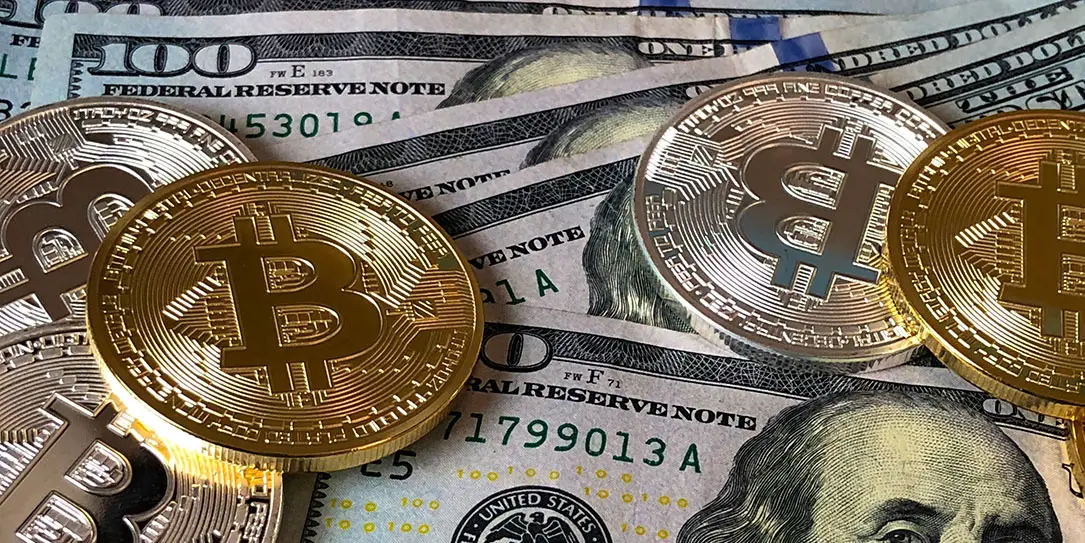
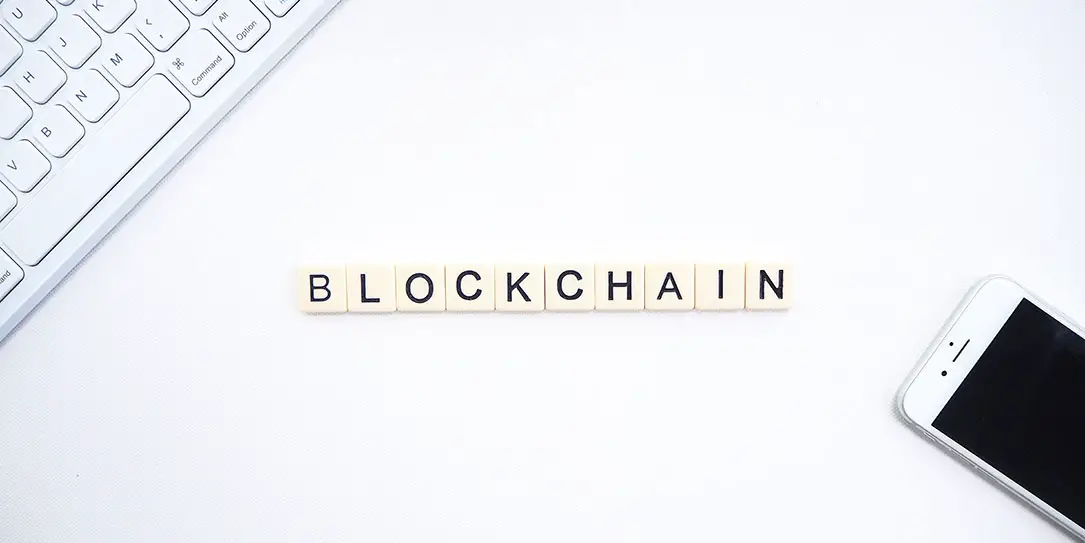

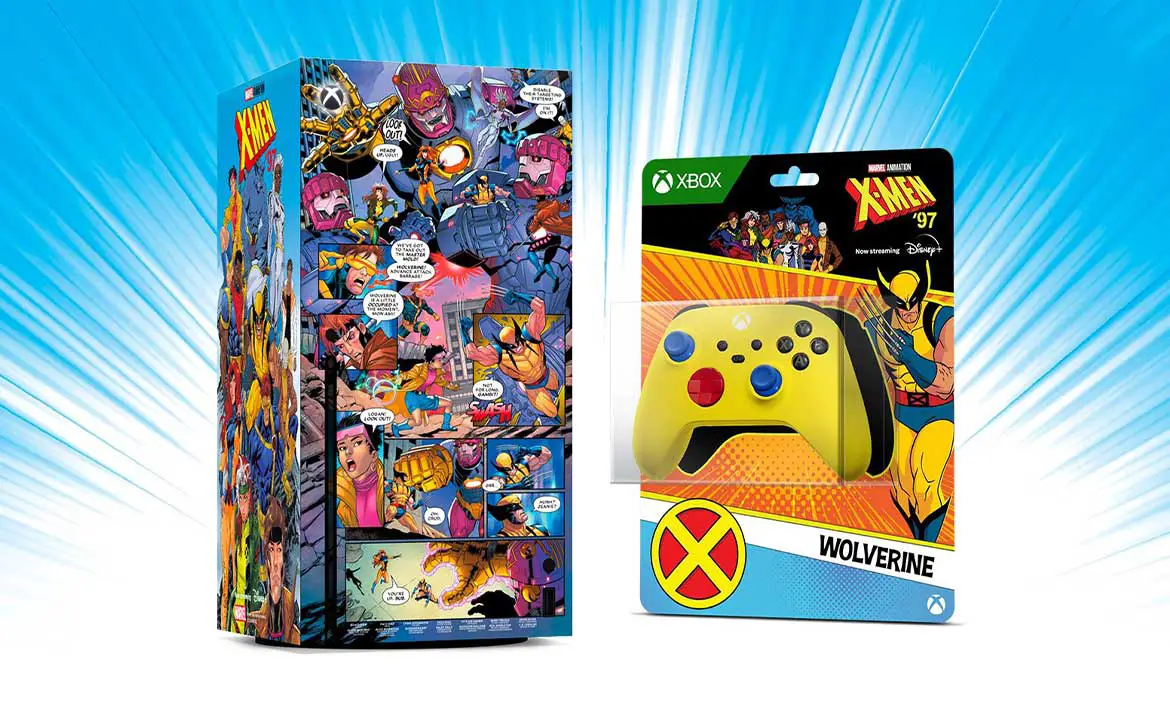


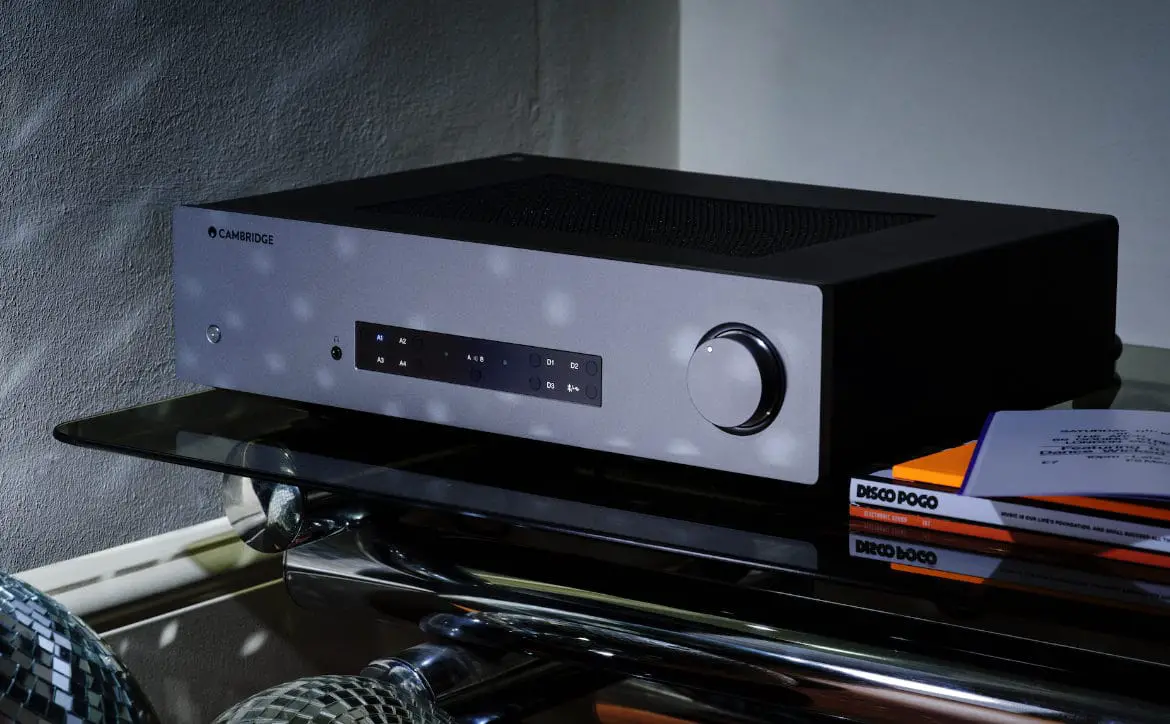
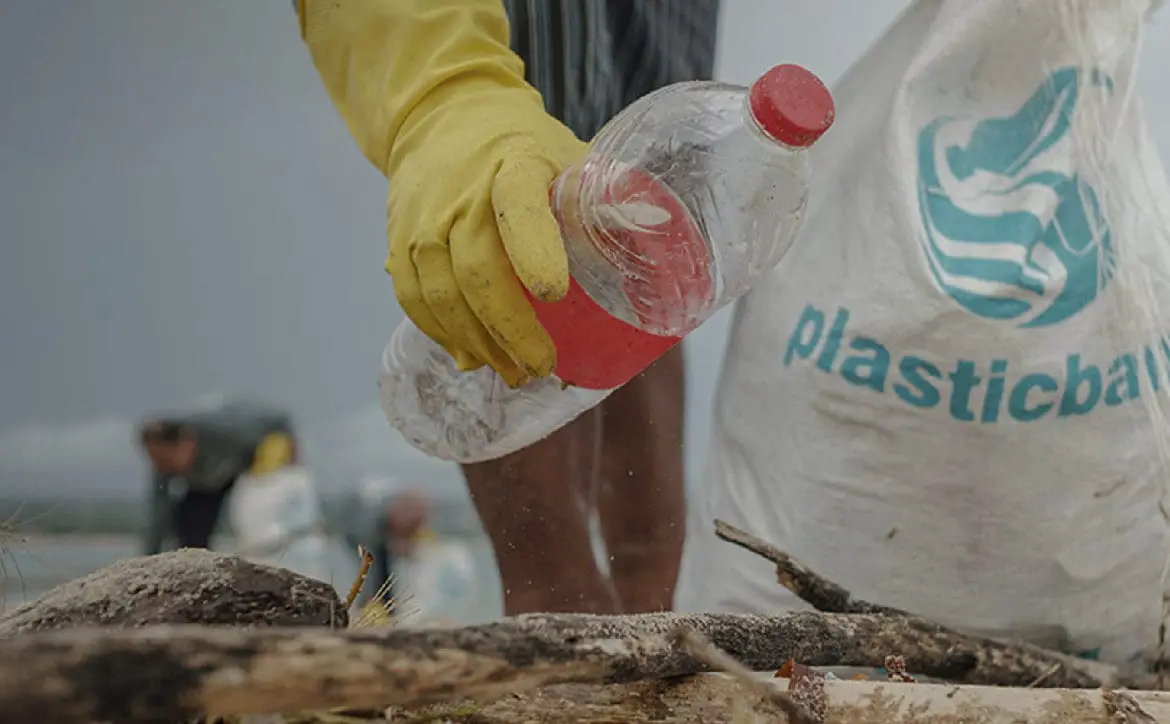
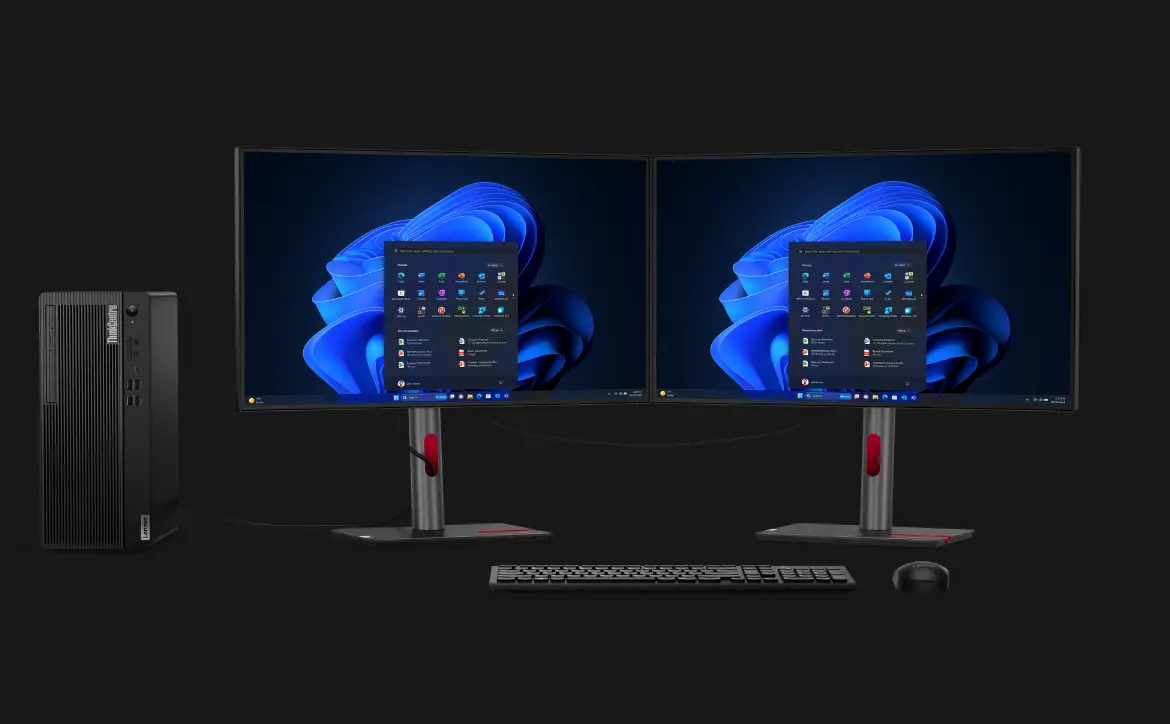
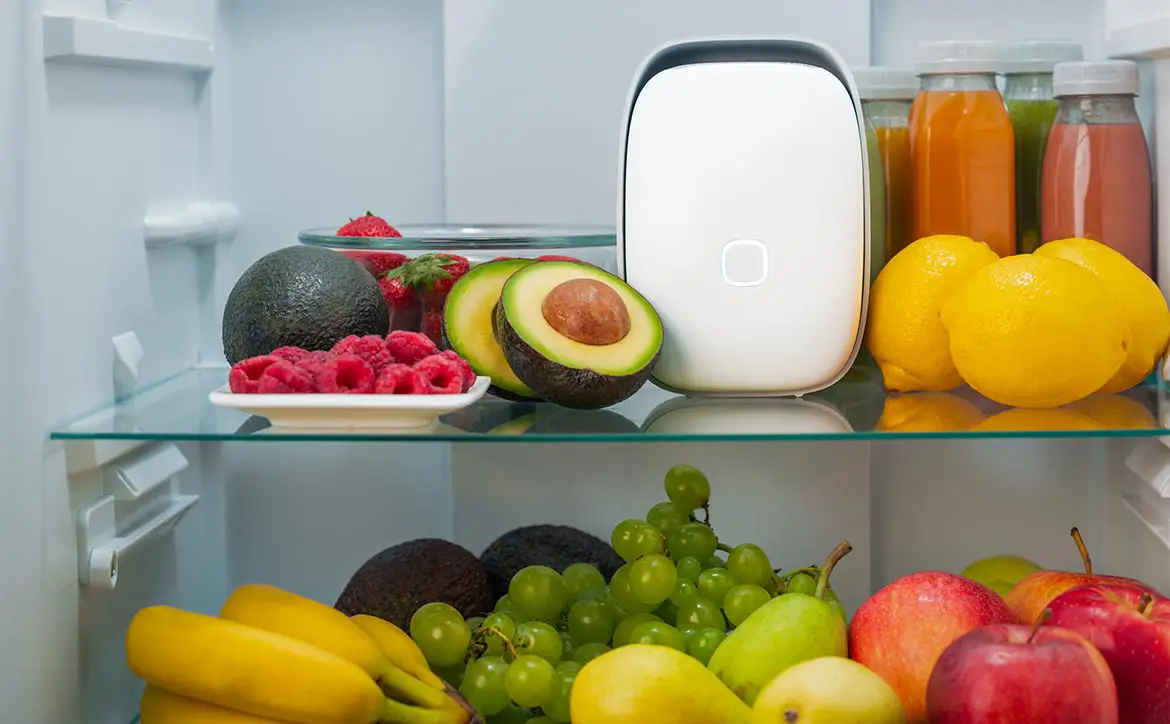

Comments are closed.